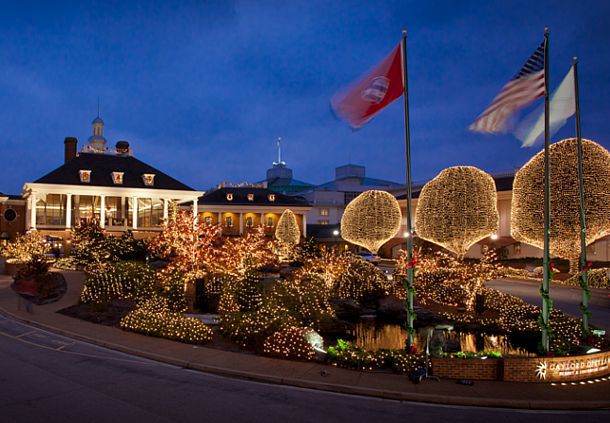Marriott Fined $600K Because It’s Illegal To Block WiFi Hotspots

Employees at Marriott’s Gaylord Opryland Hotel and Convention Center were using the hotel’s WiFi monitoring system to block visitors’ access to personal WiFi networks, while charging convention exhibitors up to $1,000 per device for access to the Marriott WiFi network.
Section 333 of the Communications Act of 1934 makes it illegal to “willfully or maliciously interfere with or cause interference” with licensed radio communications.
In 2013, a visitor to Marriott’s Gaylord Opryland Hotel and Convention Center in Nashville claimed that the hotel was “jamming mobile hotspots so that you can’t use them in the convention space.”
The FCC Enforcement Bureau’s investigated this allegation and Marriott ultimately admitted that some of its employees had used containment features of the hotel’s WiFi monitoring system to prevent the use of personal WiFi networks.
“In some cases, employees sent de-authentication packets to the targeted access points, which would dissociate consumers’ devices from their own Wi-Fi hotspot access points and, thus, disrupt consumers’ current Wi-Fi transmissions and prevent future transmissions,” reads a statement from the FCC.
Meanwhile, some exhibitors at the Gaylord conference facility were being charged between $250 to $1,000 per device just to access the hotel’s network.
In addition putting an end to the unlawful blocking of WiFi signals, Marriott must pay a civil penalty of $600,000.
“Consumers who purchase cellular data plans should be able to use them without fear that their personal Internet connection will be blocked by their hotel or conference center,” said Enforcement Bureau Chief Travis LeBlanc. “It is unacceptable for any hotel to intentionally disable personal hotspots while also charging consumers and small businesses high fees to use the hotel’s own Wi-Fi network. This practice puts consumers in the untenable position of either paying twice for the same service or forgoing Internet access altogether.”
Want more consumer news? Visit our parent organization, Consumer Reports, for the latest on scams, recalls, and other consumer issues.

